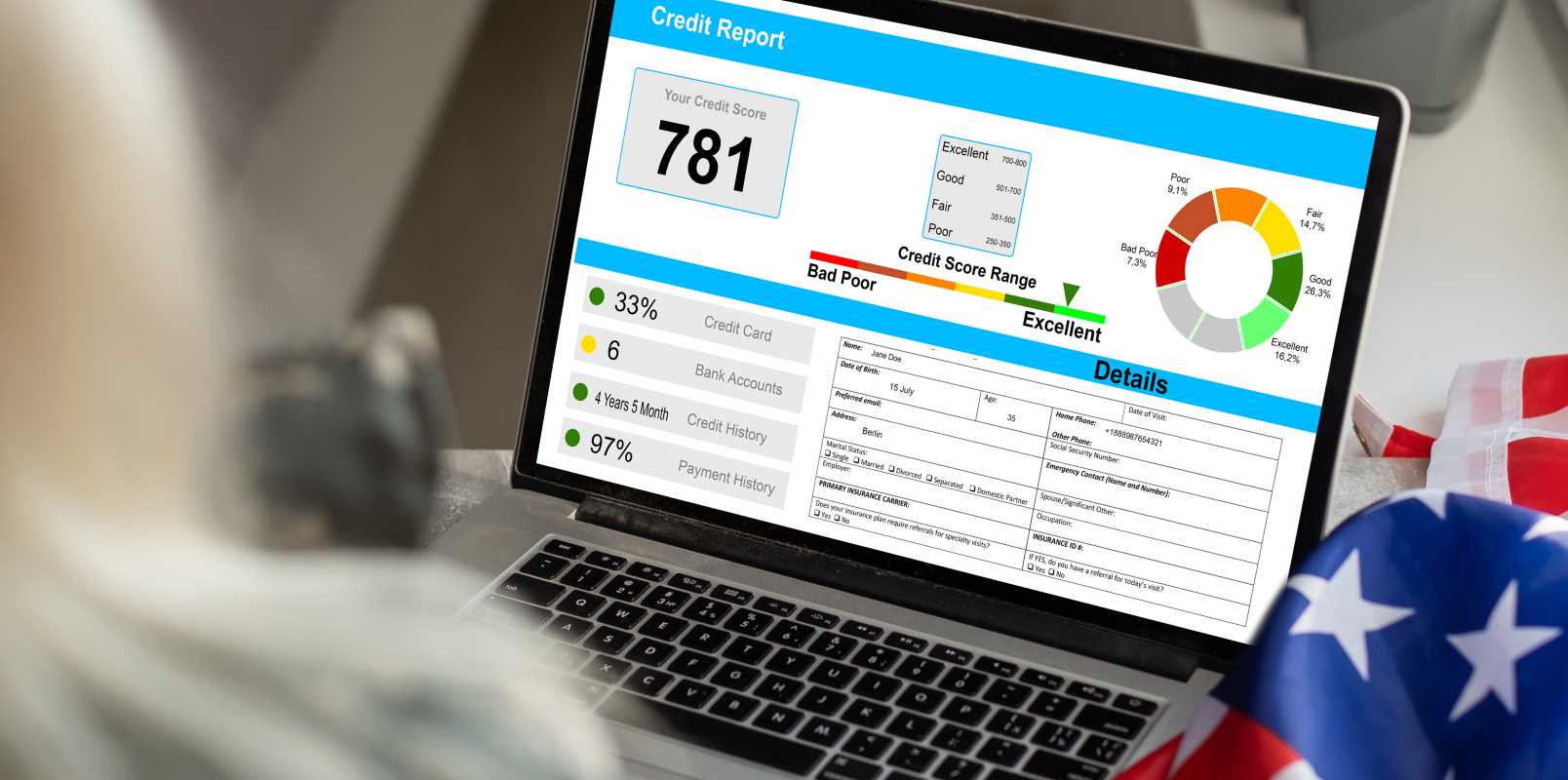Graduation marks a memorable turning point filled with excitement and the start of greater independence. Receiving your first paychecks opens up opportunities that far surpass the limited budgets of student life. While it’s tempting to enjoy your newfound freedom, financial obligations such as student loans, rent, and surprise expenses often appear sooner than expected. Building a clear plan for your money early on helps you enjoy your achievements and maintain control of your finances, so you can handle these new responsibilities with confidence and avoid unpleasant surprises down the road.
Focusing on clear steps and real examples allows you to handle everything from rent hikes to student loan payments with confidence. This guide walks you through assessing your cash flow, setting achievable targets, and using practical tactics to stretch every dollar. Let’s turn ambition into a dependable budget that feels as good as landing that first big project.
Assess Your Current Income and Expenses
Begin by listing every source of income, including freelance gigs or side hustles. Combine pay stubs, direct deposits, and irregular checks into a single monthly total. Seeing the full picture helps you avoid overestimating what’s available for fun or future savings.
Next, track spending over at least 30 days. Note rent, utilities, groceries, coffee runs, streaming subscriptions, and impulse buys. Tools like Mint or manual spreadsheets work equally well. This exercise reveals hidden leaks—perhaps that daily latte or recurring app fee quickly adds up.
Set SMART Budgeting Goals
Define specific targets for saving, paying down debt, and discretionary spending. Instead of saying “save more,” set “put $300 into emergency savings by the end of three months.” This approach prevents vague intentions from slipping through the cracks when life gets busy.
Include measurable steps, like reducing dining-out expenses by 20 percent or increasing your retirement account contribution after earning a performance bonus. Align deadlines with upcoming costs—summer travel, insurance renewals, or credit-card due dates—to stay motivated and on track.
Prioritize Essential Post-Graduation Costs
Young professionals often juggle rent, utilities, loan payments, and workplace needs like a sharp suit or reliable laptop. Rank these costs by importance: housing and loan payments come first, followed by utilities and professional expenses. Covering essentials protects you from late fees and credit hits.
Next, set aside space for a true emergency fund. Aim for a few hundred dollars initially, then build to three months’ worth of fixed costs. Even small contributions add up and prevent resorting to high-interest credit cards when unexpected repairs or medical bills arise.
Implement Savvy Budgeting Moves
- Negotiate recurring bills: Call your internet or phone provider to ask for discounts or promotional rates. A simple request can cut your bill by ten to twenty percent.
- Switch to cash envelopes: Allocate fixed cash amounts for categories like entertainment or dining out. When the envelope is empty, pause spending there until next month.
- Use dine-in meal kits: Preparing meals from meal kit services often costs less than takeout. Share recipes with roommates or friends to lower your grocery bills further.
- Streamline subscriptions: List every streaming or software service, then cancel the ones you barely use. You’ll free up cash that adds up to big savings over a year.
- Choose a side gig that complements your career skills—tutoring, freelance writing, or consulting—and direct those extra earnings into debt repayment.
- Buy pre-owned gear: Look for certified refurbished laptops or gently used professional attire. You’ll look sharp without paying full retail.
Automate and Track Your Spending
Automate key moves to reduce the chance of forgetting transfers or payments. Set up recurring transfers to savings, emergency funds, and loan accounts on or right after payday. You’ll treat savings like a bill and prevent the temptation to spend what you meant to save.
Use these tools to monitor everything:
- YNAB for rule-based budgeting that moves unspent money into priority categories.
- PocketGuard to see your safe-to-spend balance after bills and goals.
- EveryDollar for a zero-based approach where every dollar has a purpose.
Each app offers alerts and visual summaries that help you spot unusual spikes and adjust quickly. Spending a few minutes each week reviewing your finances keeps you in control and prevents small leaks from turning into big troubles.
Following these steps helps you handle post-graduation expenses confidently. You will manage your finances effectively without feeling overwhelmed.







